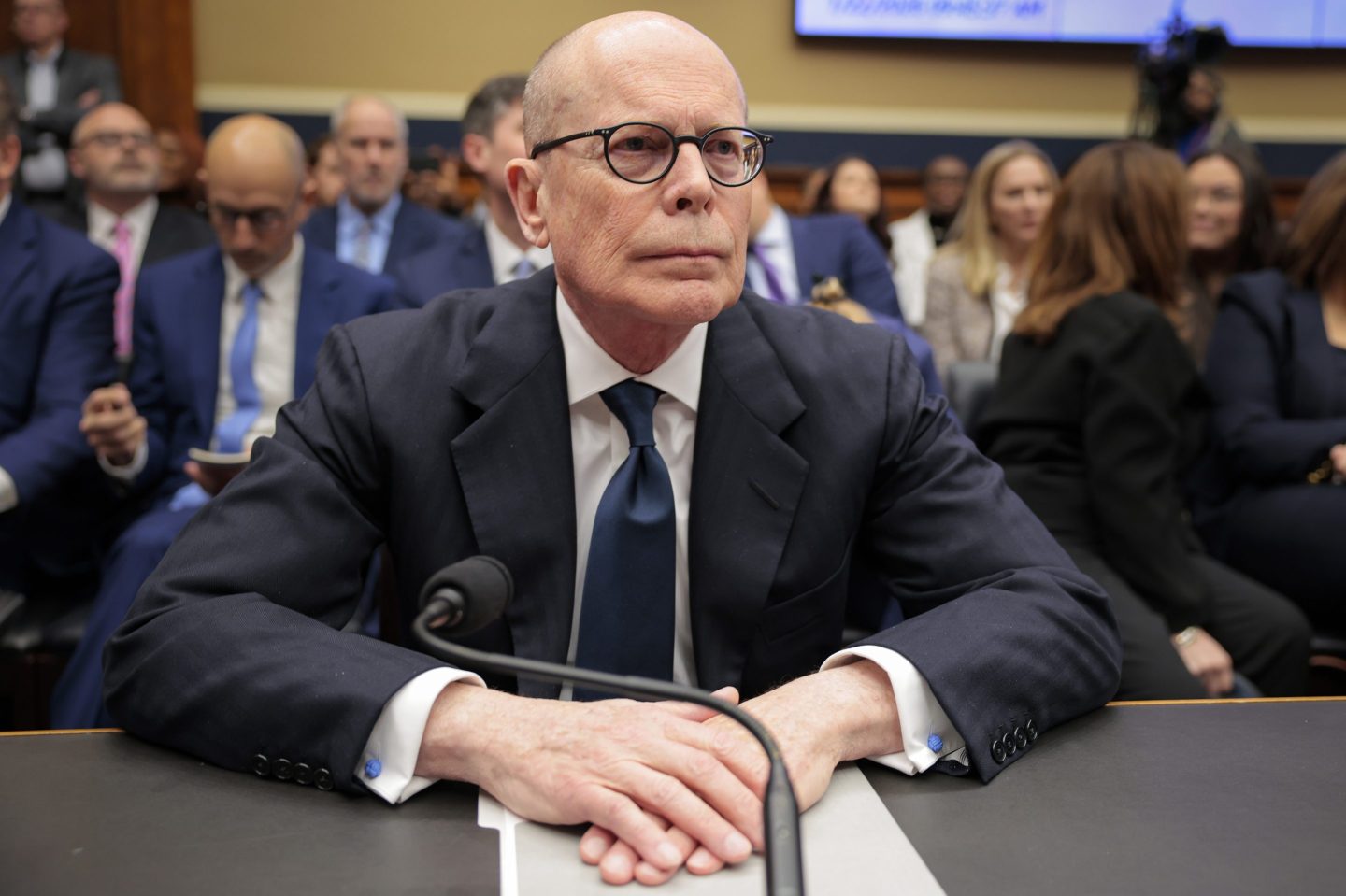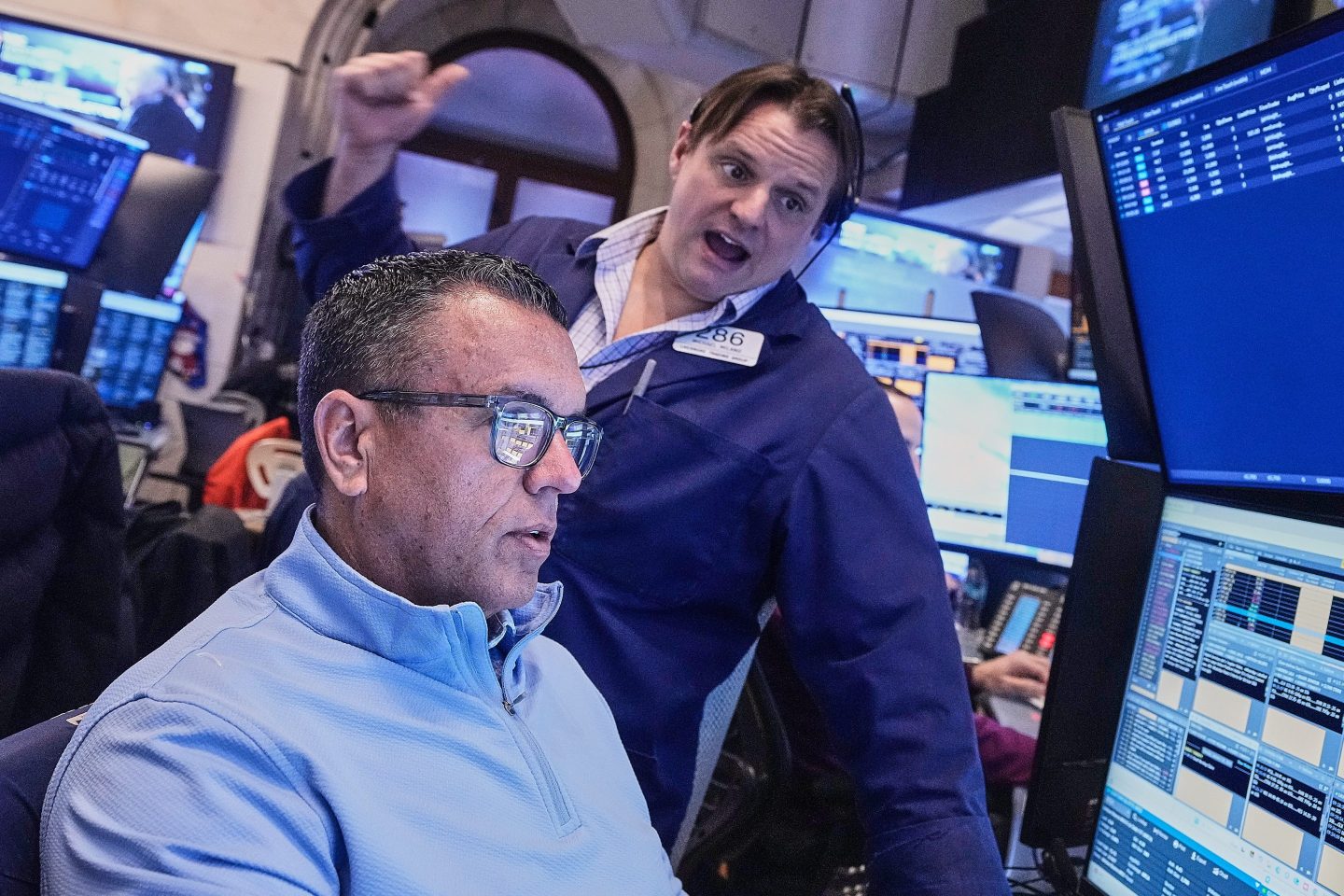Companies supplying data centers, chips, and “compute” processing power to OpenAI have taken on about $96 billion in debt to fund their operations, according to an analysis by the Financial Times. The news highlights the AI sector’s increasing reliance on debt and its growing dependence on loss-making AI startup OpenAI in particular.
Currently, the revenues being generated by AI companies and many of the data center operators that are rapidly expanding in order to serve them, are nowhere near big enough to cover their build-out costs.
OpenAI has made $1.4 trillion in commitments to procure the energy and computing power it needs to fuel its operations in the future. But it has previously disclosed that it expects to make only $20 billion in revenues this year. And a recent analysis by HSBC concluded that even if the company is making more than $200 billion by 2030, it will still need to find a further $207 billion in funding to stay in business.
Here’s the FT’s breakdown of the debt that OpenAI’s partners have taken on:
- $30 billion already borrowed by SoftBank, Oracle, and CoreWeave.
- $28 billion in loans taken by Blue Owl Capital and Crusoe.
- $38 billion on the table in further talks with Oracle and Vantage and their banks.
- $96 billion in total debt.
The increased use of debt to fund AI is a relatively new development—prior to this year most AI build-out was funded by cash straight from the balance sheets of big tech companies, such as Microsoft, Alphabet, Amazon, and Meta.
How CoreWeave services its debt will be of particular interest to investors. The company reported $3.7 billion in current debt, $10.3 billion in non-current debt, and $39.1 billion in future lease agreements for data centers, in its Q3 earnings report. The company said it expected to make only $5 billion in revenue this year but that it had $56 billion in “revenue backlog” coming down the line.
All the companies were contacted for comment. CoreWeave and Oracle declined comment when reached by Fortune.
Separately, the big five hyperscalers—Amazon, Google, Meta, Microsoft, and Oracle—have taken on $121 billion in new debt this year to fund AI operations, according to Bank of America. That’s more than four times the average level of debt ($28 billion) issued by these companies over the previous five years.
All that extra investment-grade (IG) corporate debt is having a material effect on the credit markets, a recent research note from BofA analysts Yuri Seliger and Sohyun Marie Lee said.
“This week (the week prior to Thanksgiving) is typically the last week of the year with heavy IG supply. And 2025 supply is ending the year with a bang. We are tracking about $50bn for this week and about $220bn over the prior four weeks – about 70% higher than the typical volume for this time of year,” they said.
“This year … hyperscalers added another $63bn. This suggests the entire increase in supply this year is explained by [debt-funded M&A deals] and hyperscaler activity.”
The increased supply of debt from tech companies is moving “spreads”—the extra interest yield demanded by buyers of debt above the notional risk-free rate—in the credit default swap (CDS) market, according to Deutsche Bank. CDS act as a kind of insurance policy on corporate debt, paying the holders in the event the creditor defaults. If the yields on CDS increase, it signals that the market believes the likelihood of default has also gone up.
“The moves have been notable: Oracle’s 5yr CDS has widened by about +60bps to 104bps since late September and CoreWeave by roughly +280bps to around 640bps since September,” Deutsche’s Jim Reid said in a recent note.
“It’s hard to know yet whether this shift will have meaningful long-term implications, but the last few weeks clearly mark a new phase of the AI boom—one in which investors are increasingly looking to hedge their risk, and one where public credit markets are being called upon to fund growing capex needs. It’s not just the hyperscalers’ free cash flow anymore,” he said.













